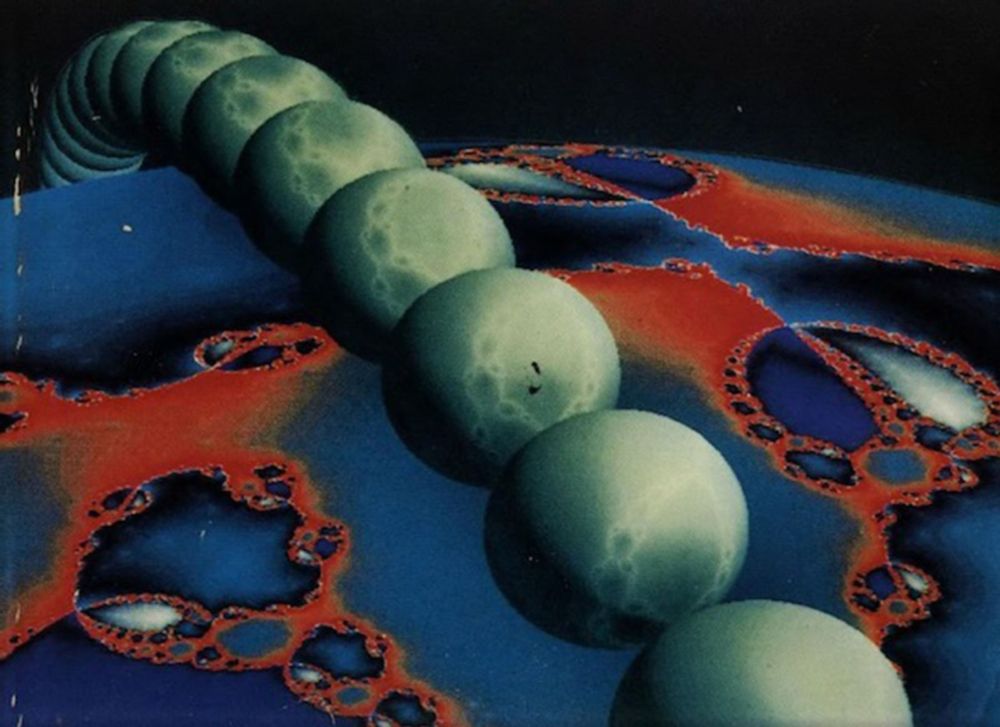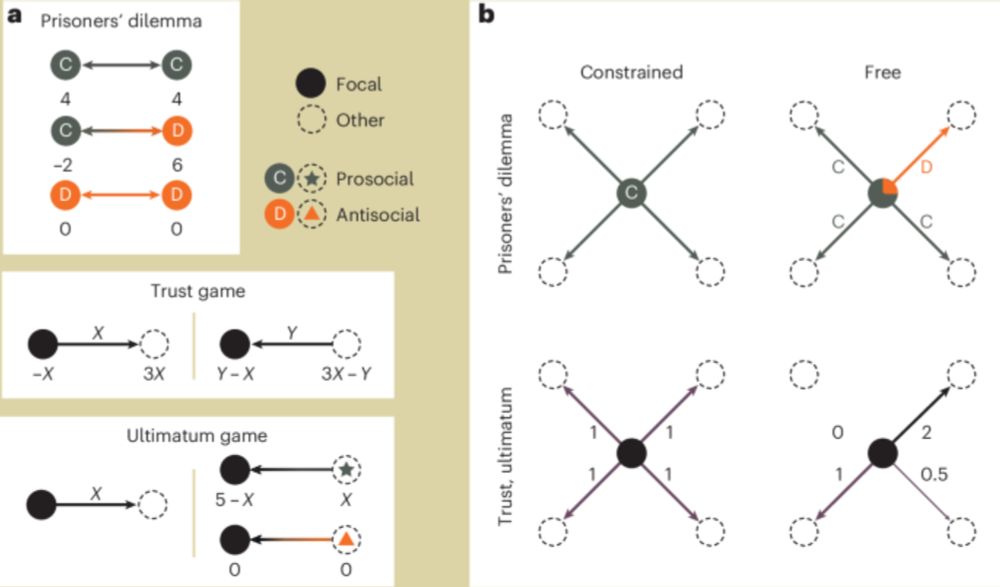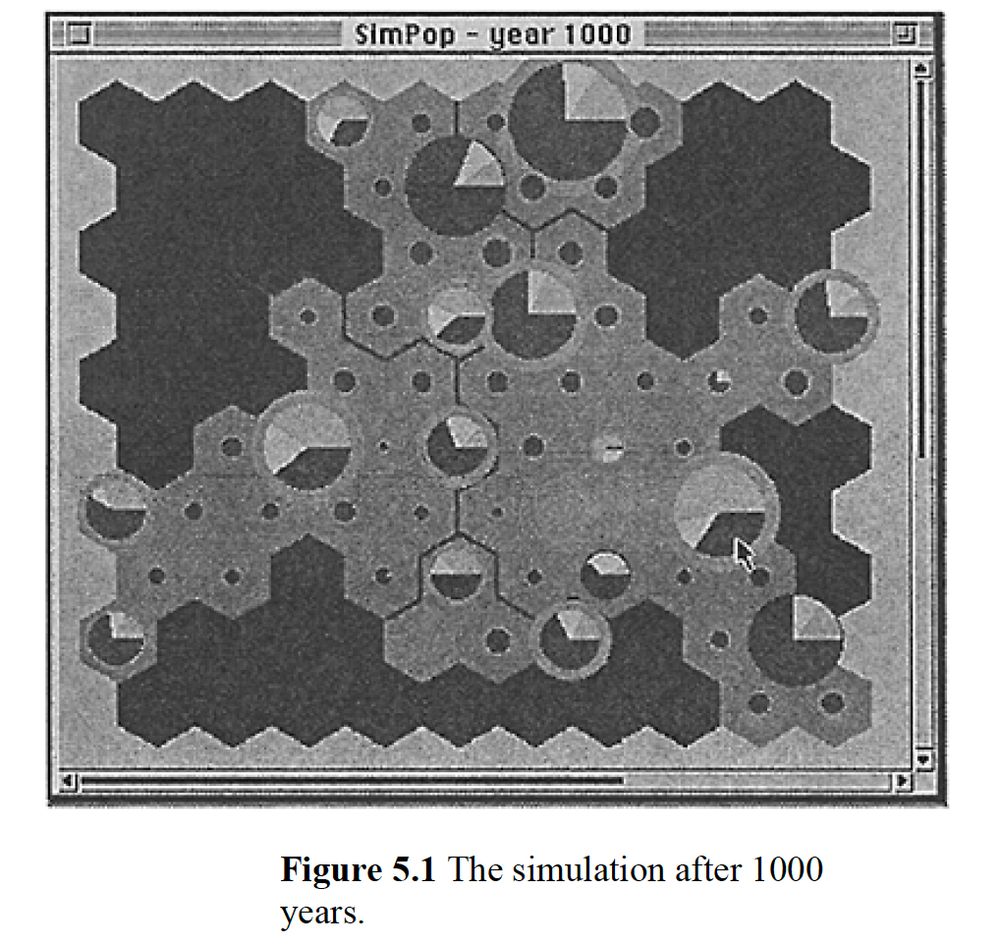Petter Holme
@pholme.bsky.social
3.2K followers
480 following
230 posts
Scandinasian professor of network science & computational social science
Posts
Media
Videos
Starter Packs
Reposted by Petter Holme
Reposted by Petter Holme
Reposted by Petter Holme
Reposted by Petter Holme
Petter Holme
@pholme.bsky.social
· Sep 5
Petter Holme
@pholme.bsky.social
· Sep 4

























